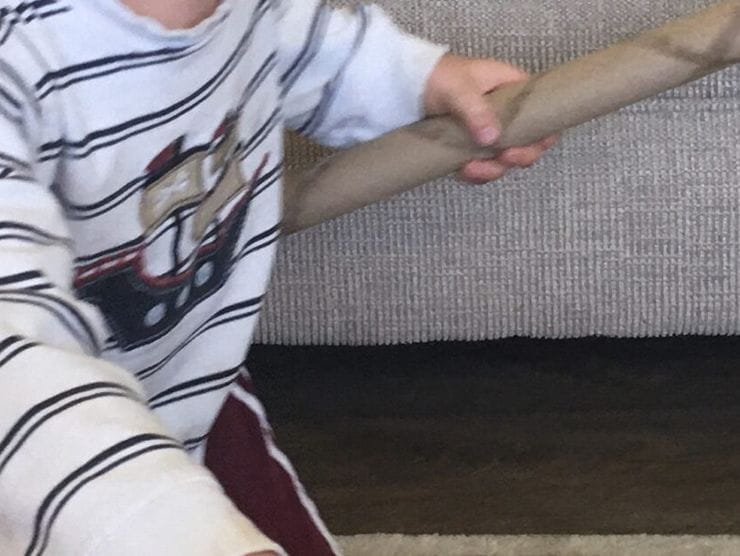Play dates are wonderful opportunities for your son or daughter to interact with another child in a small setting and to engage in confidence building. They can give your child a chance to develop his or her social skills, build self-esteem, get a picture of how families are alike and different, and learn how to welcome others into his or her home.
Play dates may also provide us as parents with chances to build relationships with other parents of similar-aged children. It is often helpful and reassuring to have friends who are parents and who can share the joys and challenges you are experiencing. Play dates have the potential to benefit both you and your child, but there are a few unwritten etiquette guidelines that are important to consider.
Kids at Play: A Guide to Play Dates
Decide whether to stay or not to stay. The age and temperament of your child may determine whether you stay at a play date which is hosted by another family or not. A toddler almost definitely needs you to stay. With kindergarten and older kids at play, it is less necessary.
Whatever you do, discuss it ahead of time with the other parent so you agree on the expectations. Remember, this is not free babysitting. If you don’t stay, agree on the time you will come back and stick to it. If you do stay, think about how involved you want to be with the children’s play. This again may depend on the age of the children. With younger children playing, you may need to sit on the floor with them and be there to help with disputes. You may also be able to guide the play in a positive direction (“Let’s use these blocks to build a tower!”). Older children may appreciate the time to play together on their own while you and the other parent chat or you run errands.
Play dates are a great opportunity to teach child to share and be more cooperative. If the play date is at your house, think about your child’s toys and possessions ahead of time and maybe discuss this with your child. If he or she has a special toy/stuffed animal that he or she is particularly attached to, put it away before the other family comes. Your child shouldn’t be expected to share a special favorite.
Put out toys that are easier for multiple children to play with (for example, blocks or other building toys, crayons and paper, or play-dough). Preschool children and older may enjoy a cooperative board game, one that encourages kids to work together. Talk to your child about sharing ahead of time and get her or him excited about playing with a friend.
Set an end time. You want to be sensitive to the other parent’s schedule. Start with short times with toddlers (30 minutes to an hour may be the most they can do at first.). Four- and five-year-olds may be able to play for an hour or two with a snack break in the middle.
Refrain from making comparisons. If the children are similar in age, avoid comparing them out loud. Most parents are sensitive to what their children can and can’t do. A play date should be a fun way to build social skills and self-esteem in all the children. Remember that children of the same age develop at different rates and that each child has unique strengths and challenges.
Be flexible around food. While you want to communicate any food allergies, beyond that, try to be flexible and let your child eat what the other parent serves. Even if you never serve cookies, for example, it is probably okay for your child to occasionally try some when she or he is having a play date.
Avoid play date over-scheduling. Just like you, your child needs some “down time” in her own house doing just what she wants to do. Avoid scheduling too many play dates and allow your child to get plenty of unstructured outdoor play.
Reciprocate the offer to host a play date. After you and your child are hosted by another family for a play date, it is important to reciprocate and invite them to your home for a follow-up play date.
Children playing with peers develop important social skills. Play dates have the potential to help build your child’s self-esteem, their skills at interacting with others, and may help you make new friends. With attention to the details above, you can make the most of play dates both for you and your child.
- Learn the value of childrens play for your childs development, such as emotional growth and making new friends.
- Get more play date tips, ideas and activities from our parent bloggers.
- Learn how to foster social and emotional development in preschoolers.
- Advice and ideas for hosting a play date for children with special needs.





